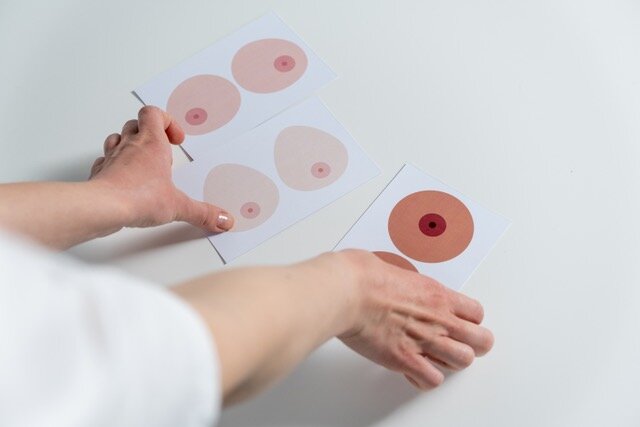Breast Implant Illness: What do we know?
Discussions about breast implant illness (BII) have erupted on social media in recent years with countless brave women sharing their experiences to seek answers and help others.
While breast implant illness is understudied and work is currently being undertaken to better understand BII and women’s experiences, the symptoms women are reporting are real and cannot be ignored.
What is it?
Breast implant illness describes a constellation of symptoms that have been attributed to breast implants, including:
joint and muscle pain
chronic fatigue
memory loss, brain fog and headaches
rashes and other skin issues
mental health issues
gastrointestinal issues
and more
Symptoms have been reported by women with all kinds of implants including, silicone or saline filled, smooth or textured surface, round or teardrop shaped.
Why is there so much conflicting information about BII?
It can be extremely frustrating for people researching their symptoms and breast implant illness online because there is still some scepticism about whether BII is real. This scepticism exists despite women getting explants and their symptoms subsiding.
The first reason is the literature and journals about breast implants have mostly been written in the plastics/surgical sphere, while complaints about symptoms related to BII are often reported to doctors in the autoimmune sphere. These two groups of doctors don’t talk to each other very much, and rarely read each other’s articles. This has led to some poor data collection on BII.
Another reason is that it can be hard to determine whether symptoms are related to breast implants or another underlying health condition. Women are more prone to autoimmune diseases than men which can have symptoms akin to those reported in breast implant illness. While it is likely that autoimmune diseases and aging may fit some examples of reported BII, for others we know that they are not the whole explanation.
The good news is that there are research groups beginning to collect data on BII, including in Australia. If your quality of life has been negatively affected since getting breast implants, you might not want to wait for all the data, and an explant may be a good option to consider.
What Causes Breast Implant Illness?
In most cases it’s unclear why women with breast implants experience BII. One possibility is immune reactions to the foreign materials used in breast implant construction which could lead to inflammation, causing symptoms including skin irritation, joint and muscle pain, and gastrointestinal problems.
Some studies have revealed that materials from breast implants such as very small amounts of silicone and platinum can seep through an unbroken implant and into the neighbouring tissue. These materials can then spread within the capsule (scar tissue surrounding the implant) and cause some of the symptoms that are often attributed to BII.
It is also possible that some women may be genetically predisposed to be more reactive to silicone which makes up the shell of most implants.
If a person has a family history of autoimmune conditions, allergies, and conditions such as irritable bowel syndrome, migraines or chronic fatigue, they could also be more at risk of developing symptoms of BII.
What are the Treatments for breast implant illness?
If you suspect breast implant illness, visit your GP and ask them about next steps like medications to manage symptoms or ruling out other potential underlying health conditions.
Some women choose to replace their implants with new ones of a different type, such as changing from an implant with a textured surface to a smooth surface. This may improve symptoms but carries a greater risk of symptoms returning.
The treatment that has shown to be most likely to improve BII symptoms in the long term is explants - the removal of the implants and surrounding scar tissue capsules.
If you’re considering explant surgery, I provide explants at Orbe Surgeons.
What will my breasts look like after my implants are removed?
Talking to your surgeon is the best way to understand what your breasts might look like after an explant because this is different for each individual.
Immediately after explant surgery, breasts usually appear temporarily deflated. It can take about two to three weeks before breasts begin to regain some of their shape. Women who have had children with breast implants also tend to have the least amount of bounce back.
While most women who get an explant choose not to get another procedure to alter the appearance of their breasts, there may be the option to have a breast lift at the same time as an explant or down the track. Speak to your surgeon about if this is an option for you.
Other issues from breast implants
There are other well-documented problems linked to breast implants that all women with implants or considering implants should be aware of. These include capsular contracture, migration, implant rupture and in some very rare cases, breast implant associated-Anaplastic Large Cell Lymphoma (BIA-ALCL) which is linked to textured breast implants.
If you think you might be experiencing breast implant illness, you are not alone. Speak to your GP about your options and feel better soon.





